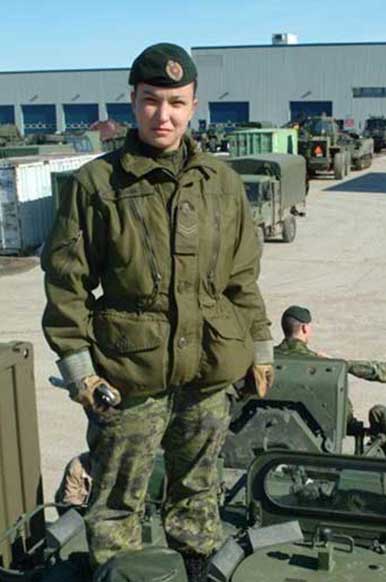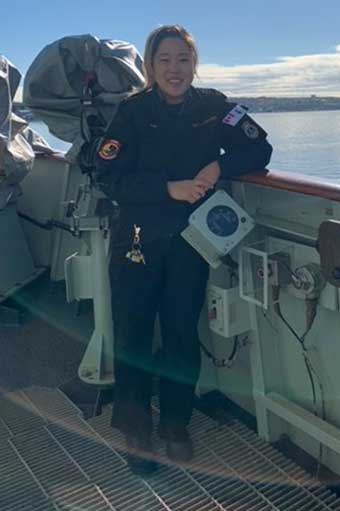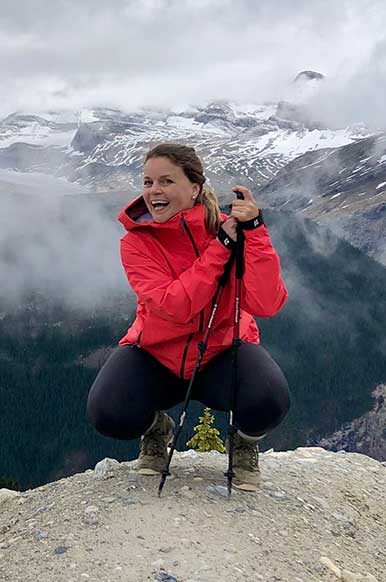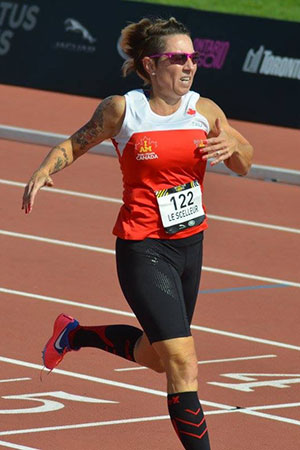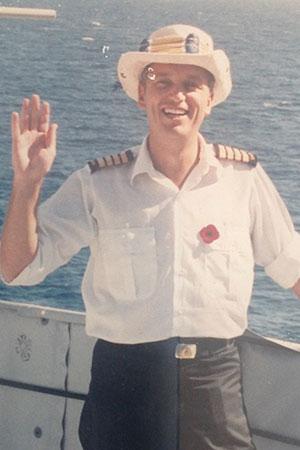
Joined
1965
Postings
- Ottawa, ON
- London, UK
- Halifax, NS
Deployments
- HMCS Margaree
- Gulf war
- HMCS Athabaskan
He would eventually enlist and go on to enjoy a 38‑year career punctuated by a stint in the Middle East as the Canadian Naval Task Group Commander aboard HMCS Athabaskan during the Gulf War. In addition he became the Allied Combat Logistics Commander overseeing the activities of some 60 Allied Warships.
It was an incredibly volatile time.
After 100,000 Iraqi soldiers invaded Kuwait on 2 August 1990, the United Nations condemned the attacks almost immediately. Soon after, a coalition of over 35 countries, including Canada, came together to stand up for Kuwait’s freedom.
By late August, two Canadian destroyers—HMCS Terra Nova and HMCS Athabaskan—would deploy to the Middle East along with the supply ship, HMCS Protecteur, to join the coalition fleet that would secure the waters off Iraq and occupied Kuwait. They also carried five Sea King helicopters whose operations were instrumental in the success of interdictions against enemy forces and the protection of allied shipping. Vice Admiral Miller remembers fondly the day the Canadian ships pulled out of Halifax Harbour.
“There were thousands and thousands (of people) lining the jetties as we went out on a sunny day, and hundreds of boats that were following us as we were going out, to wish us good sailing, fair winds, following seas.” It was not long after they left port that it dawned on Miller and many of the others on board that some in the crowd thought they might not return.
“They think we might not make it back,” was the talk among sailors. “And we might not have come back if we hadn’t done the right things at the right time or had the right training,” Miller says. “And it wasn’t because we didn’t go into harm’s way, we were in it.”
Eventually, every member of the Canadian Armed Forces who served in the Gulf War would make it home, including the men and women of the Athabaskan.
“It was probably the most successful naval and naval air deployment in Canada’s history. We went over, we did the job, we went through dangerous situations, we were in the war and we took care of each other and we all came home.” He is particularly very proud of the ship’s companies commanded by Captain John Pickford in Athabaskan, Captains Dennis Cronk and Doug Maclean in Protecteur and Commander Stu Andrews in Terra Nova.
One of the dangerous situations Vice Admiral Miller alludes to occurred when the Athabaskan went to the aid of USS Princeton, an American ship that had been seriously damaged by Iraqi mines off the coast of Kuwait.
That meant escorting a coalition tugboat across hundreds of kilometres of dangerous waters and navigating through enemy minefields, which made for a tense few days on board.
“You don’t have time to think about morale when you’re going through a real minefield,” Miller says. “For 72 hours, you could hear a pin drop. The whole ship was shut down into compartments so that if we did hit a mine the damage would be as minimized as possible.”
By the end of those three days, the Athabaskan had managed to help safely extract the American warship from the minefield. The mission was a success. For Vice Admiral Miller, it remains a lasting memory of his time at war, but far from his only one.
He is still particularly moved by the support he and the others on board the Athabaskan received from home. “There were so many businesses that supported us. The families, in particular, supported us when we were out there, by writing. And we had letters from right across Canada from schools, from concerned citizens. The sailors responded to every one of them.”
In a way, it was like the Athabaskan had never left.
“The support was incredible. We weren’t 11,000 miles away, we may as well have been right alongside the jetty as far as we were concerned.”
Thirty years later, Vice Admiral Miller looks back on the Gulf War as a necessary undertaking, and uses life in Canada today to make the point.
“We’re so lucky in this country. You are safe at your own home, and that’s what was happening in Kuwait when all of a sudden an invading force came in with tanks and destroyed their neighbourhood.”
The Kuwaiti people had to go underground. They feared for their lives.
“How would you feel? You would say ‘Can’t somebody come and help us? Can’t somebody do something about this? They’re destroying our country in front of our very eyes and we have to hide, what can anybody do?’”
Over the course of almost seven months, Canada sent more than 4,000 members of the Canadian Armed Forces to help. Vice Admiral Miller is still proud to have contributed.
“I think the best way to explain to Canadians that it was all worth it was a huge card that we got from the children of Kuwait on the way back home that said ‘thank you for getting our country back!’”
Now retired from the military, Vice Admiral Miller resides in Halifax, Nova Scotia and is Honorary Colonel for the Cyclone 406 Operational Training Squadron. He has also just completed three years as the Chair of the National Board of the Canadian Corps of Commissionaires which comprises some 22,000 men and women looking after many of Canada’s security interests.
Watch Duncan Miller’s Heroes Remembers videos.









